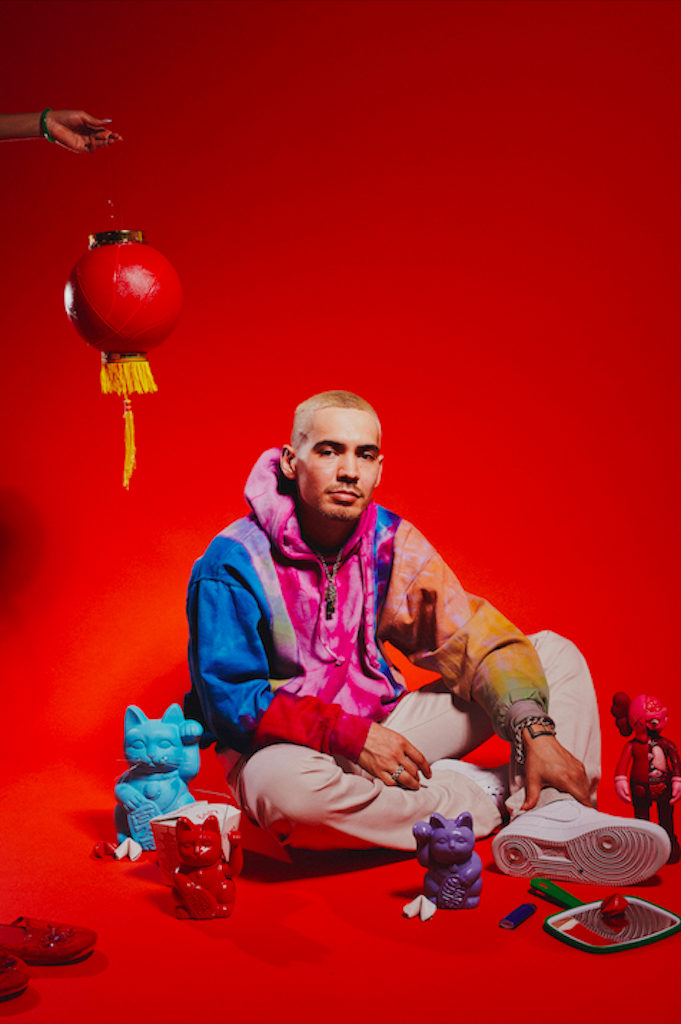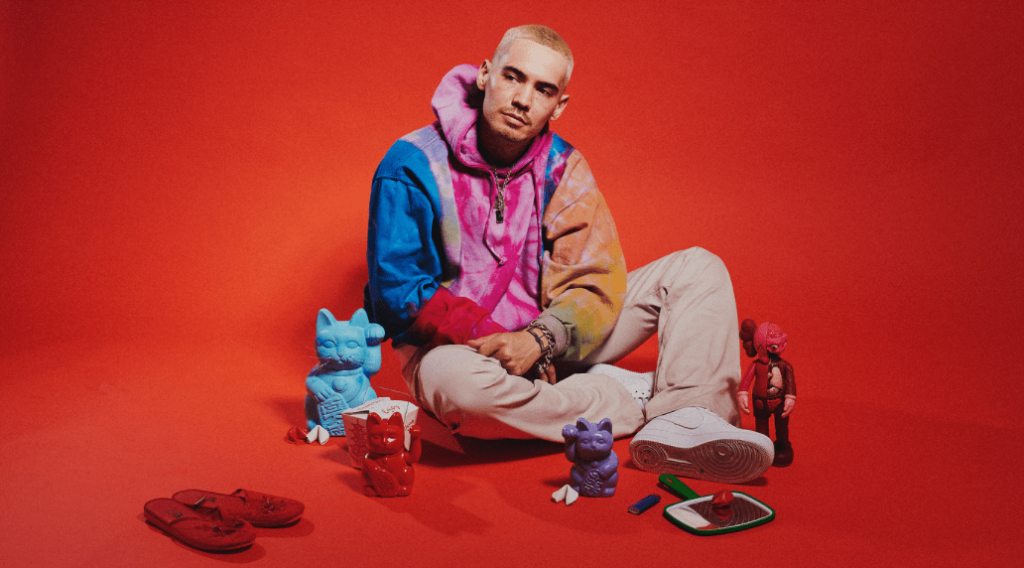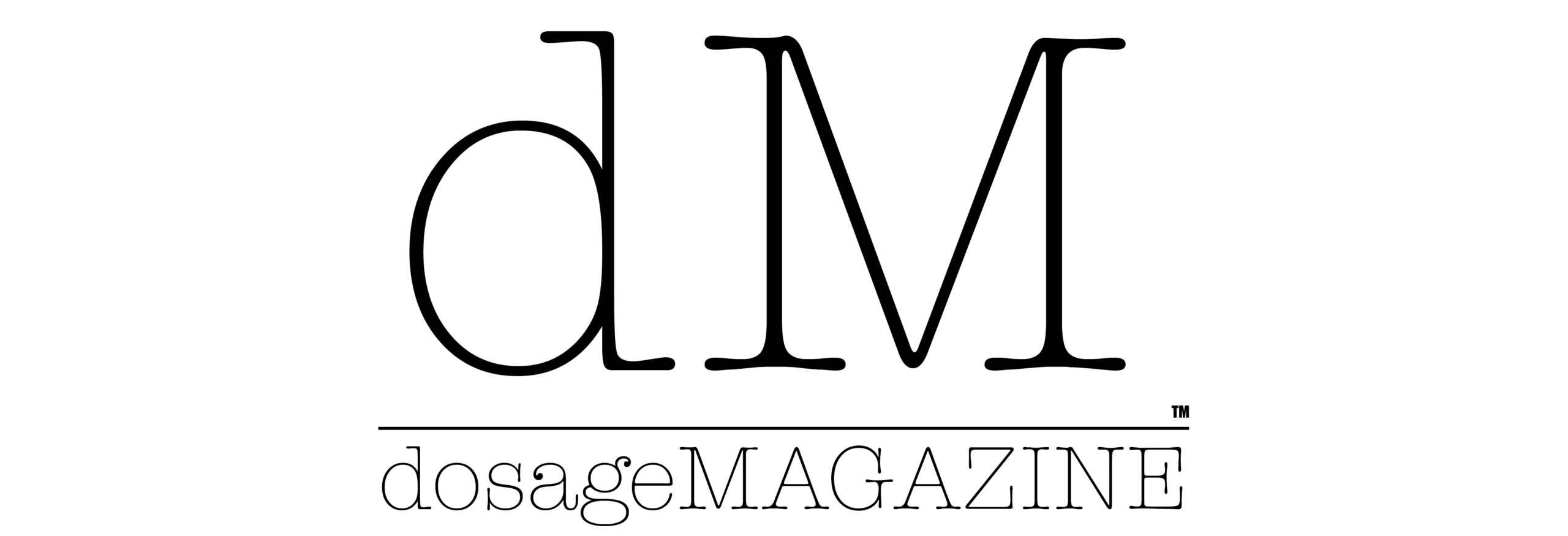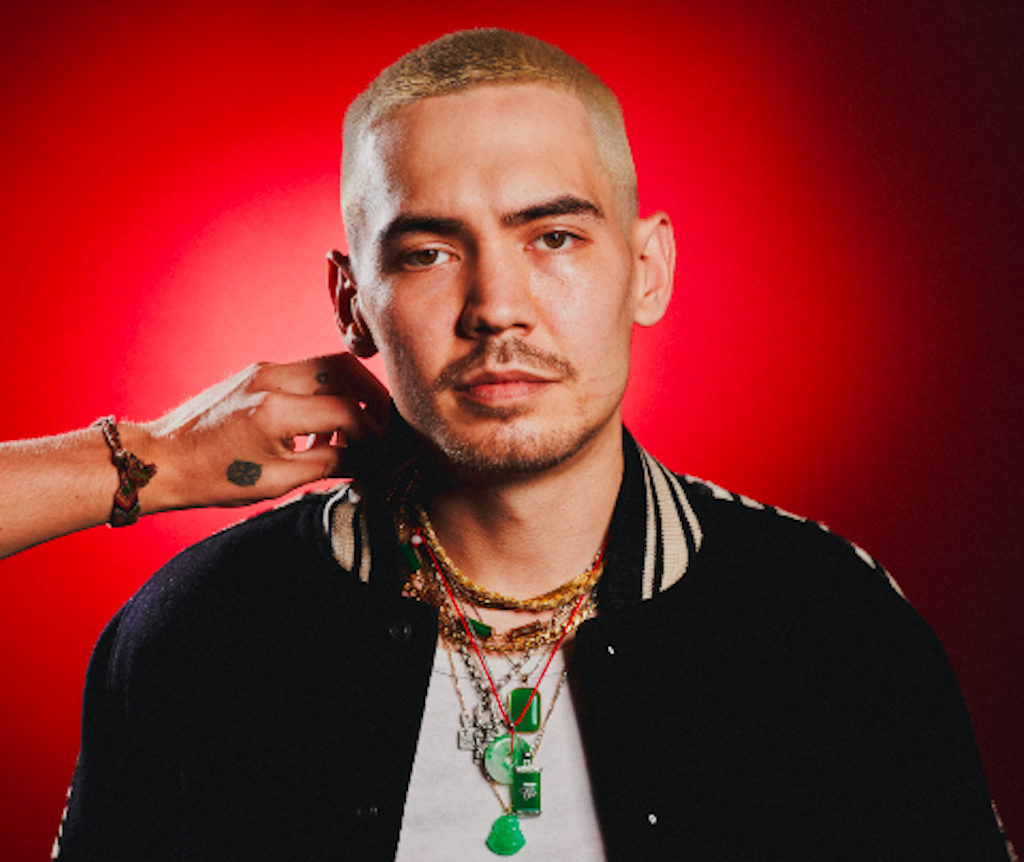Since 2016, and the dissolution of his beloved, longtime, local hip hop act, Ground Up, New Hope-to-North Philly native Alexander Charles has busied himself with an increasingly intricate and ever-more soulful array of solo tracks and videos. The result of Charles’ singles long game, however – whether it was the trippy trap stylings of “Silly Me” or the stringed, Philly soul of “Lost It” – was a stand-alone album that portrayed the many methods behind his madness. His goal was to show off the diversity of nu-R&B skills and alterna-rock moods that made him want to go solo in the first place.
“Fortune Cookies” is that solo effort, a warm, mixed-bag affair filled with Charles’ flinty raps and sultry vocal talents, along with his push for a divergent funky bunch of melodies, production tics and lyrical subject matter.

We caught up with Charles on a rainy day following the release of “Fortune Cookie,” still cheerful in the face of coronavirus concerns and lousy weather.
A.D. Amorosi: Before you got too deep into Ground Up and living in North Philly, you were from the New Hope area. How do you think that an area so bucolic shaped who you are within the hip hop game?
Alexander Charles: Being brought up in a place like New Hope afforded me privileges that I’ll never take for granted and always acknowledge. However, growing up in such a small town can feel suffocating at times. I moved to North Philadelphia when I was 17, and never looked back. I think that the paradox of being grateful for something, but also unafraid to leave it behind has fueled a lot of my music. Some of my favorite songs I’ve written were inspired by driving around New Hope aimlessly late at night. I like to say that I was raised in New Hope, but I came of age and became a man in Philadelphia.
A.D. Amorosi: How do you feel that Ground Up fit into the hip hop scene of North Philly, predominantly? How has that acceptance been extended to your solo joint?
Alexander Charles: I think Ground Up was truly an integral part of Philadelphia’s hip-hop scene from 2010-2015. We were the first independent artists from the city to sell out the TLA. We brought out Beanie Sigel and Freeway. We earned the respect of people I literally grew up idolizing. Not to mention, our fanbase here was so supportive that the “gatekeepers” who tried to ignore us simply could not. I think that I’m in a fortunate position as a solo artist because many fans of Ground Up have continued showing support for my solo endeavors. On the other hand, it hasn’t always been easy – people miss Ground Up and so do I. That being said though, this is just something that had to be done.
A.D. Amorosi: You disbanded Ground Up on a positive note – it never seemed like there was animosity. Were your earliest solo tracks like “Silly Me,” “Mad at Me,” and “Move” written during Ground Up’s existence?
Alexander Charles: No, all of those songs were written immediately after the breakup. It was, actually, a dark time for me. Ground Up was all I knew and I was really down about the whole situation. I had nothing else to do but immerse myself in my work and try to start over. Shortly after putting out “Silly Me,” I went out to LA with my manager on a whim and signed a deal with Warner Brothers Records. It was a surreal time. Things were happening so fast, but, it felt like signing that deal was the validation I needed to keep going with the solo work.
A.D. Amorosi: Was it rough recording solo for the first time, or was it all inspiring and poignant?
Alexander Charles: It’s not difficult at all. If anything, it feels liberating making my own decisions and having final say in my work. I still work very closely with Bij Lincs who produced the entirety of my new album. He also recorded all of my vocals. Him and I are like an old quarterback and wide receiver duo- we know what each other is going to do before it gets done. Without Bij, “Fortune Cookies” probably wouldn’t exist.
A.D. Amorosi: Why title this album “Fortune Cookies”?
Alexander Charles: It’s a loaded title. I met my biological sister early last year, someone I had no idea even existed. I was adopted at a very young age. After speaking with her, I found out a lot about myself that was previously unknown, including my ethnicity and heritage. I was told that I am Chinese/Hawaiian and wanted to give a “nod” to all this self-discovery. I realize that “Fortune Cookies” are not even a traditionally Chinese creation, but neither am I.
A.D. Amorosi: The album is super melodic, dreamy R&B with lots of indie/acoustic guitar work. Who and what influenced this vibe?
Alexander Charles: Thanks so much for noticing, it means a lot. I think I’ve learned a lot about myself as an artist. I have learned to use my voice more effectively and some of the technology we’re using has evolved to the point that Bij and I can experiment in new ways with different sounds. I’ve always been a fan of various genres of music unfortunately my music in the past didn’t necessarily reflect that. I think the biggest change on this album was Bij and I made a concerted effort to incorporate rock n roll, RnB, as well as jazz on this project.
A.D. Amorosi: Is this a live band performing the music on “Fortune Cookies?” There’s a density to the instrumentation and arrangement that sounds like a band.
Alexander Charles: Not exactly. I was very proud of the fact that nearly every song on “Fortune Cookies” was an extremely collaborative effort, though. We made it a point to try to bring in as many talented people as we could in hopes of giving this project as much “texture” as possible. Generally speaking, Bij and I would make the “skeleton” of the song on our own. Then, as we see fit, we’d call in guitar players, a saxophonist, and countless vocalists to brighten up spots that we felt needed improvement. It was a beautiful, year-long process.
A.D. Amorosi: “Go Get that Money” has a Latin feel and talks about growing up wanting clothes and basketball players as heroes… until it gets to the point where it talks against material goods. What can you tell me about that track?
Alexander Charles: We all contradict ourselves, and I am no different. Whenever I make a song that has some sort of “lesson” behind it, I always want to show the audience that I was in need of that lesson, as well. I don’t like it when rappers talk at me or tell me how I should live. With that in mind, when I wrote “Go Get That Money,” I wanted to make it clear that being in a constant rat race just so you can buy a bunch of things isn’t actually as cool as these people make it out to be, I also wanted to make people understand that I know from experience.
A.D. Amorosi: “Better Days” starts off with references to the Bush-era – the time when we first got to know you – and a nod to Terrell Owens and the Eagles. Was it weird putting yourself back-in-the-day when the rest of the album is so future-forward?
Alexander Charles: That particular song is about longing for simpler times. I wanted to illustrate the times I wanted to go back to by referencing moments in pop culture that shaped who I was all those years later. I’d say that’s a pretty common theme in my music – looking back fondly on days when I didn’t have this immense pressure to succeed and provide for the people around me.
A.D. Amorosi: “All I Know” is both wearily emotional and escapist. What do you recall about building that song, musically and lyrically?
Alexander Charles: I remember writing the song very quickly on a rainy day – not unlike today. The inspiration behind it was just a yearning to get away from the noise, from the stress of everyday life with the person or people you care about the most. You took the word right out of my mouth, but I wanted the song to feel like an escape for anyone feeling the same way.

A.D. Amorosi: What do you want people to know about you after they’re done listening to “Fortune Cookies?”
Alexander Charles: I want people to walk away knowing that I’m an artist unafraid to take risks. My hope is that people will find my honesty inspiring and understand that I go through the same trials and tribulations as them.
A.D. Amorosi: The new album dropped right as we’re in the middle of lockdown and social distancing. Any plans post-COVID-19?
Alexander Charles: I just hope I get the opportunity to play these songs live as often as possible. We were planning on touring some colleges after the album is out, so hopefully, that can still happen. My priority, though, is making sure my fans stay safe and entertained, regardless of when this all ends.
Images: Ian Loring Shiver // Creative Direction: Marissa Le // Styled by: James Griffin
About Post Author
Discover more from dosage MAGAZINE
Subscribe to get the latest posts sent to your email.


